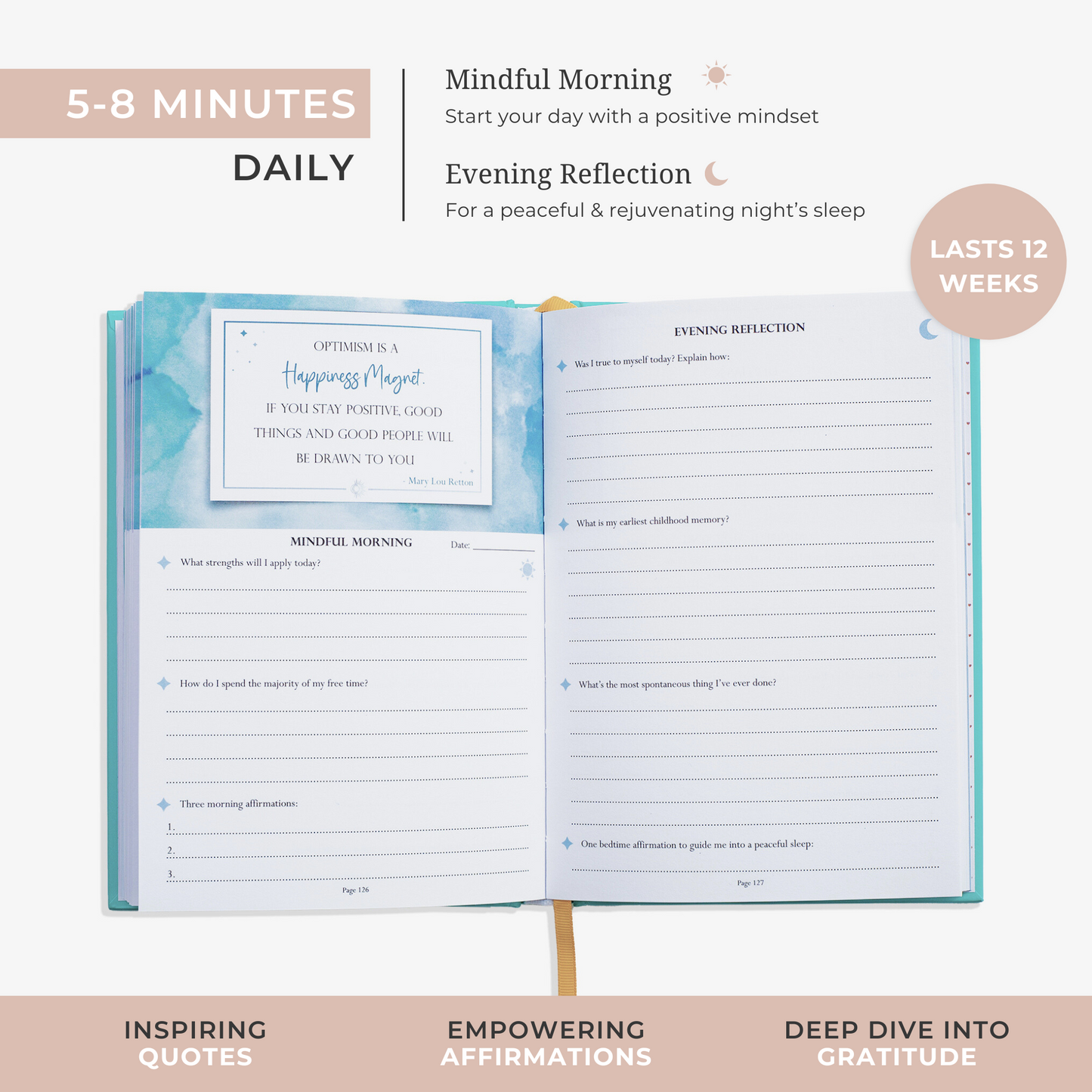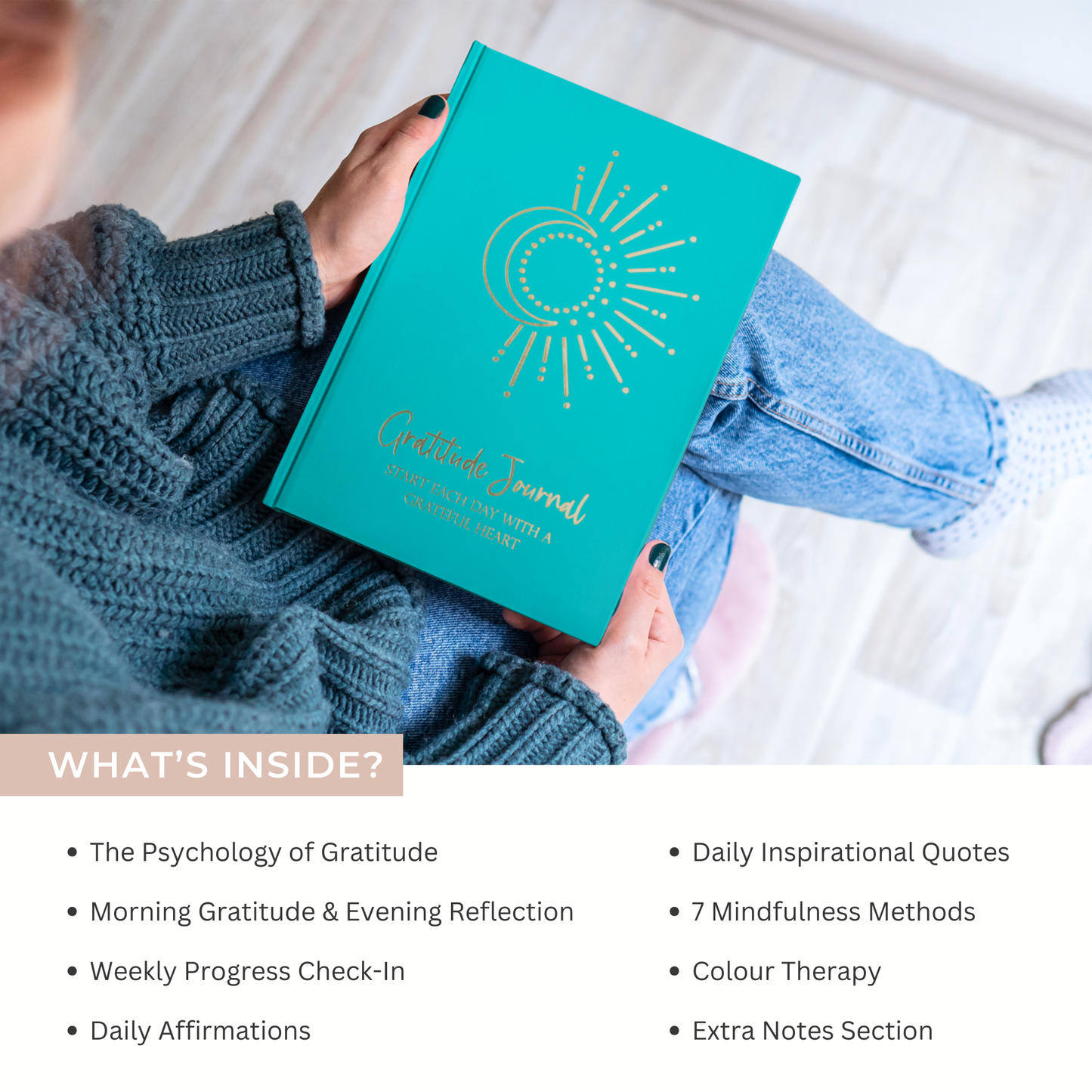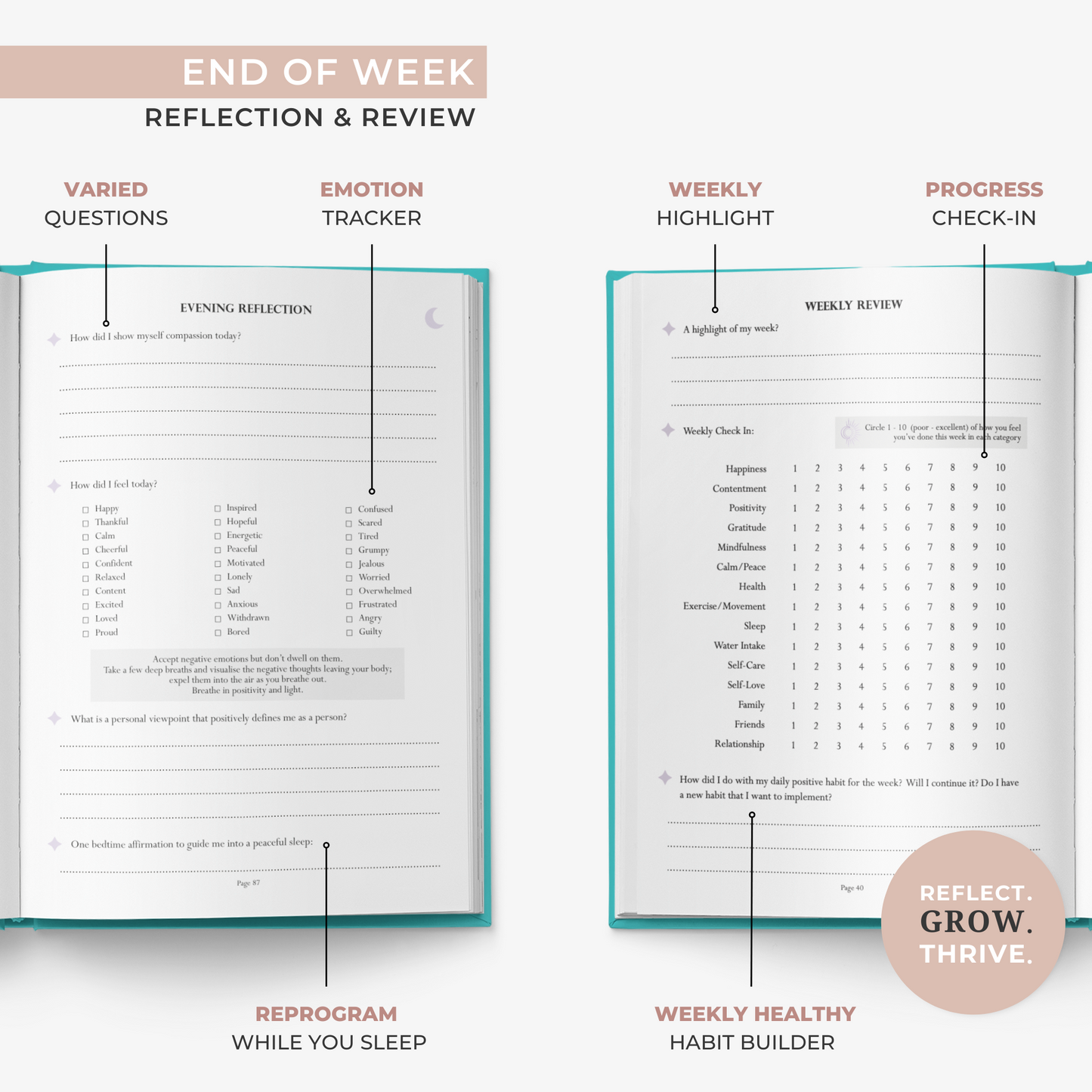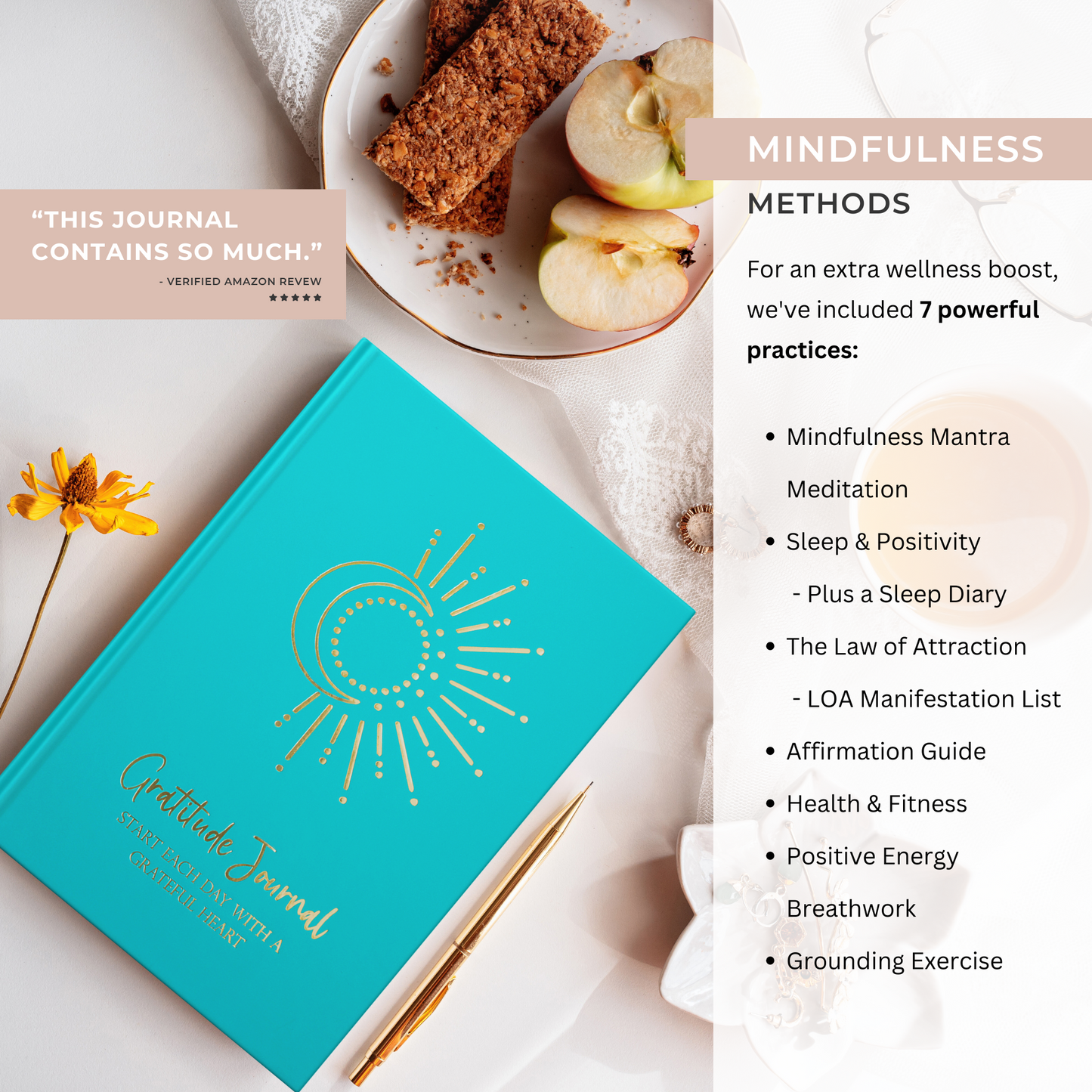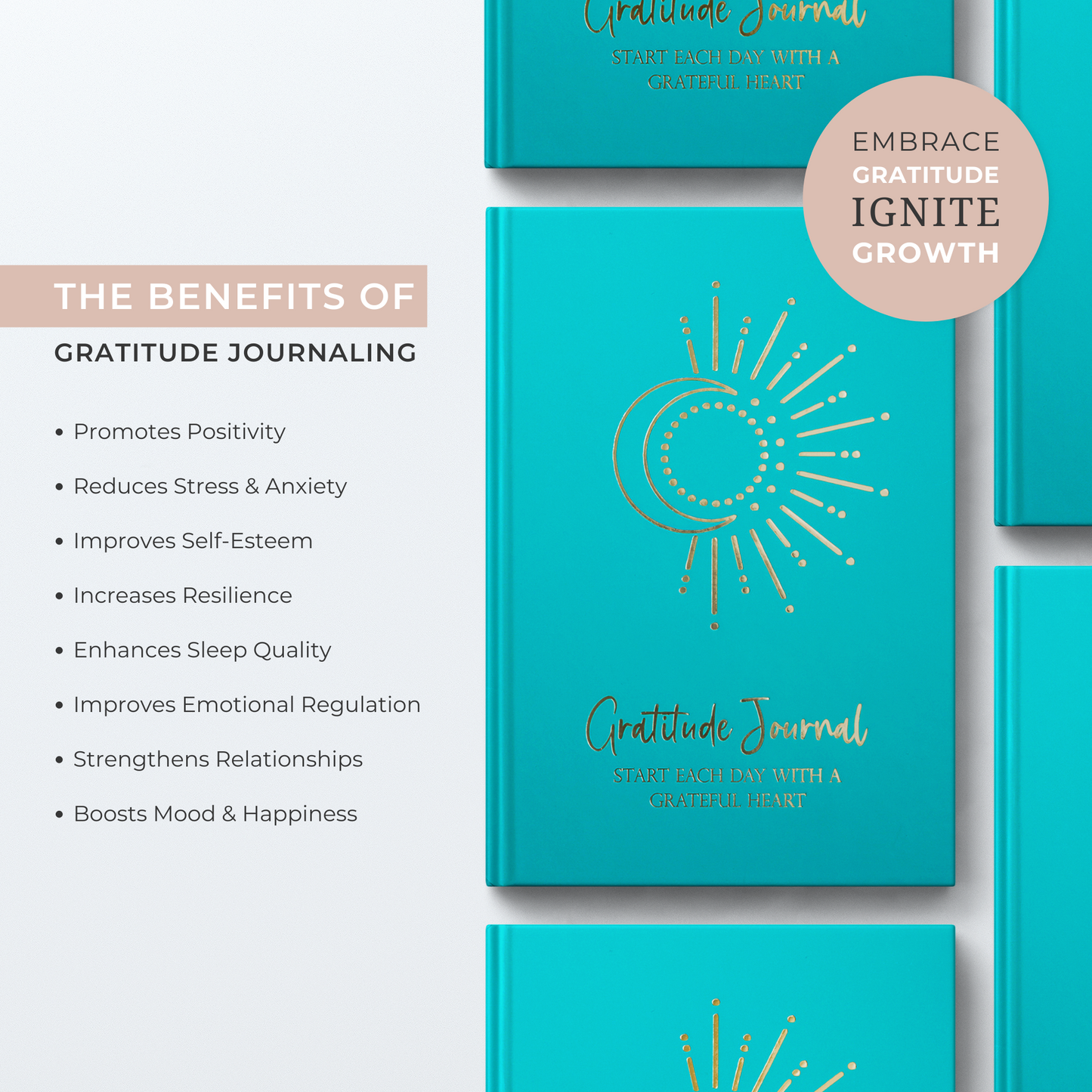How to Overcome Self-Doubt and Build Confidence: Silence Your Inner Critic
At some point, we all find ourselves locked in a mental tug-of-war with that nagging voice in our heads—the one that chips away at our confidence and amplifies our doubts.
“What if you mess up? What if people judge you? Are you really smart enough, talented enough, capable enough?”
Self-doubt is a natural part of being human, and in some ways, it keeps us grounded. After all, a complete lack of self-doubt can be dangerous, and a little hesitation can push us to improve. But when self-doubt dominates, it can paralyse us, keeping us from taking the very steps that lead to growth. I’ve seen too many talented, capable people hold themselves back because they’re convinced they don’t have what it takes. Doubt wins, and opportunities slip away.
Have you ever wrestled with that persistent inner voice that questions your every move? The one that’s always quick to point out past mistakes or highlight potential failure? You’re not alone. Self-doubt is universal. But when left unchecked, it can build walls around your potential, keeping you from embracing the fullness of who you truly are.
Understanding Self-Doubt
Self-doubt is that persistent feeling of uncertainty about your abilities and decisions. It often stems from past experiences, societal pressures, or the fear of failure. While a little self-doubt can be healthy and keep us grounded, too much can be paralysing. It can stop us from taking risks, seizing opportunities, and even pursuing our dreams.
The Impact of Self-Doubt on Your Life
Living in a constant state of self-doubt can significantly impact your mental health and overall wellbeing. It can lead to anxiety, stress, and a lack of confidence, which in turn affects your personal and professional relationships. You might find yourself avoiding challenges or playing small, just to avoid the possibility of failure or criticism. But here’s the thing—by doing so, you’re not protecting yourself; you’re depriving yourself of growth and fulfilment.
How to Overcome Self-Doubt
Overcoming self-doubt isn’t about eliminating it completely—that’s unrealistic. Instead, it’s about learning to manage it and not let it control your actions. Here are some strategies that can help:
1. Acknowledge Your Doubts: The first step to overcoming self-doubt is to recognise and acknowledge it. Be honest with yourself about the doubts you have. Write them down if it helps. This can make them feel less overwhelming and more manageable.
2. Challenge Your Inner Critic: Once you’ve identified your doubts, challenge them. Ask yourself, “Is this thought based on facts or fears?” More often than not, self-doubt is rooted in fear rather than reality. By questioning your doubts, you can begin to see them for what they are—temporary feelings, not facts.
3. Reframe Your Inner Critics Negative Thoughts: Take it a step further by reframing these negative thoughts. For instance, if your inner critic says, “You’re going to fail,” reframe it into, “This is a learning opportunity, and I’ll gain valuable experience regardless of the outcome.” This shift in perspective can reduce the power of self-doubt and turn a limiting belief into a stepping stone for growth.
4. Celebrate Your Wins: Don’t forget to acknowledge your achievements, no matter how small. Reflecting on past successes can boost your confidence and remind you of your capabilities. Keep a success journal or a list of things you’ve done well as a handy reference when self-doubt creeps in.
5. Take Action: The best way to silence self-doubt is to take action. Start small if you need to, but start! Each step forward, no matter how tiny, builds momentum and chips away at your doubts. Remember, action breeds confidence, and confidence silences doubt.
6. Surround Yourself with Support: It’s easier to combat self-doubt when you have a support system. Surround yourself with people who believe in you and encourage you to reach your potential. Sometimes, an outside perspective is all you need to see your strengths clearly.
The Power of Persistence
Overcoming self-doubt is an ongoing process. It’s not about eliminating those nagging thoughts entirely but learning to push past them and take action despite them. Each time you do, you’re reinforcing a new pattern of belief in yourself. Over time, these small victories add up, leading to a more confident, empowered you.
Key Takeaway
Self-doubt might be a part of the human experience, but it doesn’t have to define yours. By acknowledging your doubts, reframing your inner critic’s voice, and taking consistent action, you can overcome the grip of self-doubt and step into your true potential. Practising self-compassion is key—being kind to yourself when doubt creeps in can help you push forward with greater resilience. Incorporating mindfulness practices, such as daily journaling or gratitude exercises, can also help quiet the noise of self-doubt and bring you back to the present moment.
Our Elysian Wellbeing Gratitude Journal and Affirmation Cards are perfect tools to help you stay grounded and foster a positive mindset as you work towards embracing your true potential. ou can explore them in more detail here.
Remember, confidence isn’t the absence of doubt—it’s the determination to keep going despite it.
Final Call to Action
Ready to conquer your self-doubt? What’s one small step you can take today to move past your fears? Download our free Mindful Morning Workbook here to kickstart your journey, or sign up for our newsletter to receive more personal growth tips straight to your inbox.







